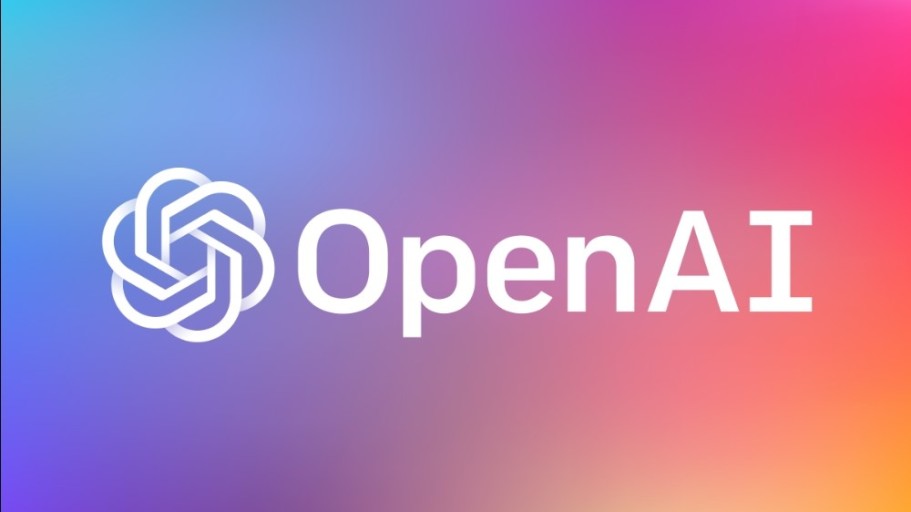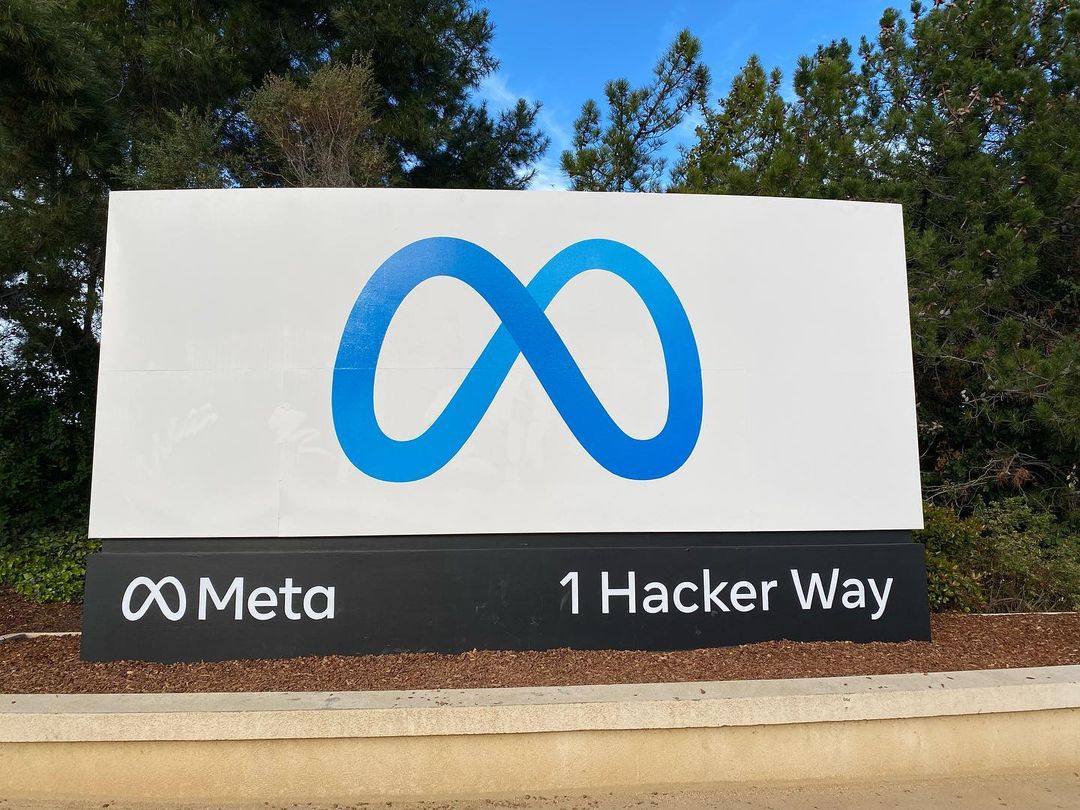Meta, the parent company of Facebook and Instagram, announced a significant shift in its approach to handling misinformation on its platforms. The company plans to replace its existing fact-checking system with a community notes system, akin to the one employed by Elon Musk’s X. This new strategy, slated for initial implementation in the United States, allows users to add notes to potentially false or misleading content, visible to other users without Meta’s direct fact-checking intervention. Despite the move, Meta will maintain its fact-checking program outside the U.S. “for now.”
The announcement comes amidst ongoing discussions at the Davos conference, where Meta’s head of global business, Nicola Mendelsohn, addressed the company’s strategic pivot. Mendelsohn emphasized that the company would evaluate the effectiveness of this new system as it unfolds over time.
“We’ll see how that goes as we move it out over the years,” said Mendelsohn.
This decision marks a departure from Meta’s previously established fact-checking guardrails, which were introduced in response to criticism over misinformation dissemination on its platforms. Over several years, these guardrails aimed to curb deceptive content through collaboration with global fact-checkers.
Criticism and Future Plans for Fact-Checking
However, the shift to a community notes system has not been without its critics. Concerns have arisen regarding its efficacy, particularly in regions like Europe, where regulations such as the Digital Services Act (DSA) impose stringent measures against deceptive content. The DSA aims to enhance accountability and transparency among digital service providers operating within the European Union.
Mendelsohn also clarified that Meta intends to keep its current fact-checking operations intact worldwide “at the moment,” indicating a potential expansion of the community notes system beyond U.S. borders in the future.
“So nothing changing in the rest of the world at the moment, we are still working with those fact checkers around the world,” Mendelsohn stated.
The community notes system represents a shift towards user-driven content moderation, allowing individuals to flag questionable information. However, unlike traditional fact-checking methods, these notes will not undergo validation by Meta before becoming visible.
As Meta rolls out this new system over the coming years, it remains to be seen how it will navigate regulatory challenges and public scrutiny, especially in regions with rigorous content standards.
What The Author Thinks
Meta’s new community notes system represents an innovative but risky approach to content moderation. By shifting responsibility to users, Meta potentially democratizes the fact-checking process but also faces significant challenges in maintaining the accuracy and reliability of information. The effectiveness of this system will largely depend on user engagement and the quality of contributions, which may vary widely. This approach, while adaptive, could lead to increased misinformation if not properly managed, underscoring the delicate balance between empowering users and protecting the integrity of information.










